Tone Depth is no stranger to the underground electronic music scene. A focused producer recognized for his range and versatility, his extensive discography dates back nearly 15 years, with solid releases on labels like Bedrock, Incorrect Music, Definitive, Suara, and of course his own imprint Bad Pony. Look out for his latest EP ‘Layers’ released December 19th on Bad Pony.
Philip: Can you give us a brief background behind the ‘Layers’ EP?
Tone Depth: What I wanted to do was create a melody from a vocal that didn’t exist. I threw a random vocal from a random track using granular synthesis. Back in the day when I used samples, when I would sample a piano note, I’d have to find a perfect loop point that would sustain that point.
‘Layers’
Philip: The melodic journey and vocal layers were fantastic, it created a really surreal and resonant vibe. Throughout the track, it was really great to hear the emotive buildups and crash effects that created really atmospheric and groovy soundscapes. Really cool festival vibe present in this!
‘Orange Skies’
Philip: Definitely escalated the EP. The mysterious arpeggiated lead vibrates throughout of the track, combined with a really ethereal and warm pad sequence. Anthony’s detailed delivery of tribal and auxiliary percussive elements created a cool tech house ride journey. The vocal emerging during the breakdown gave so much depth to the track. An excellent blend of melodies and groove. Super fit for later on during warm up set!
I recently caught up with Anthony amidst his busy production and tour schedule and was able to get more insight on his approach to music production and sound engineering, as well as learn more about his major influences and motivations that helped further develop the love and skill of his craft.
Philip: Man, it’s a real pleasure, I’ve been following your music for quite a while. I remember I first heard your music during University around 2001-2002. I was really getting into the sort of dreamy dark electronic music influenced heavily with the Mediterranean and oriental twist. I was blown away particularly with the house music coming from Greece at the time, especially the music coming from Klik Records. No doubt, it must have been an amazing opportunity working with Klik and with fellow label mates like Timo Maas, Dousk, Stel, Savvas, Silicone Soul, and Chris Nemmo! In total, How long would you say you have been producing and DJing?
Tone Depth: I’ve been playing guitar since the age of 10 and I got into Electronic music production in 1994. In 1997 my good friend Tommy Piscardelli (Present Owner of Stereo) encouraged me to take DJing more seriously and taught me a lot about the craft. I think after playing on his decks at his house for so long he wanted me to get my own! So, I would say almost 19 years Djing and 22 years producing.
Phillip: I’ve always liked how you use a lot of guitars in your productions. I do this a lot as well! Where do your musical roots lie, what are your first memories of electronic music and when did you know you wanted to pursue it seriously? Are there any particular productions or artists from the past that really made you think to yourself ‘this is what I want to do.”
Tone Depth: A lot of my musical influences were from when I was young, listening to Pink Floyd ‘Wish you were here” and Jean Michel Jarre “oxygen”. Electronic music, I always had in my head from I was young, I came from a rock oriented background especially Led Zeppelin. I always like electronic sounds in music. When I got older in my teenage years I was travelling a lot to Europe and listening to electronic music in the clubs. In 1994, I moved back to Canada for University, and that year I switched from guitar to DJ to more synthesis and sampling, kind of like a one man show. In 1998 I made a tracked called ‘into being’, it was licensed to Paul Oakenfold’s Another World Compilation. After that I had licensed more tracks to Oakenfold, and later got attention from Deep Dish and began working with Sul tan, who’s also an avid guitar player. We made tribal beats and used guitars to make emotional breakdown. The only people at the time who were doing it in the progressive scene were Chus & Ceballos, among a few others. For me Progressive House, when it finally got defined when Sasha & Digweed’s “communicate’ came out. So I discovered a lot about house music and techno during those years. When they started their residency at Twilo (NYC) I noticed they combined House music with progressive and disco funk elements. For me, that is what Progressive meant at that moment in time. David Gilmore, and also Liam Howlett from Prodigy was also a major influence for me, he was doing everything, synths, percussion, guitars, etc. which drove me more into the direction I wanted to take with my own production.
Philip: How difficult was learning to produce for you in the beginning? Did you take any Audio Engineering programs or production courses to help you out or are you pretty much self-taught? And did anyone give any advice early on that really helped?
Tone Depth: In 1996 I went to music technique for a condensed one-year course. Halfway through the course I was already getting work here in Canada. When I started working in the studio, it took a lot longer to get going because I started making music on computers in 2001. Before that I was using separate machines, doing live mixes and triggering all the sequences doing it on a two-track DAT machine. There was no editing, cutting or chopping. Sometimes I had to do 12-14 takes on the DAT before sending it off for mastering.
Philip: What parts of the production process do you find the most difficult and what comes easiest for you? When you do hit a creative block what helps you through it?
Tone Depth: It randomly goes through the territory of the track or piece I’m working with. A lot of times, if I’m really stuck, I’ll do things a different way, like use a keyboard I don’t normally use. Sometimes, I’ll turn on my 101, which has a sequencer and then I’ll randomly program it to get me more inspired and take me somewhere else. Sometimes, I’ll take my laptop and plug them into a different room and plug them into different speakers. Also stuff that’s not as creative like file organizing or label related administrative stuff can be difficult.
Philip: Apart from electronic music what other genres do you listen to and who are your favourite artists outside of electronic? And do these genres or artists have a direct effect on your own productions?
Tone Depth: Outside of Electronic music, Jimmy Page is my guitar hero. Also, Hans Zimmer is a big influence too. I love Manu Chow too! I love ambient music that takes me somewhere else. In motion pictures, I love those producers that paint moves with sound, whether electronic music or not. Steve Vai is taking guitar to then next level for example, its not so much his sound or his guitar, but his whole approach to music and being a one-man show.
Philip: There are countless producers out there trying to find their way and create their own unique sound, what advice do you have for them?
Tone Depth: If they are trying to create their own sound, the best way to do is not copy anyone else to start with, and to create a unique sound as much as possible, whether it’s using a synthesizer or using a handheld recorder and creating natural sounds to make percussion and random little sounds that nobody can replicate. It’s really important to have musical training, especially with chord progressions and scales. There is much to do with production apart from the sounds. Being fresh means finding a new formula in order to stand out among the rest.
- Article by Philip Chedid
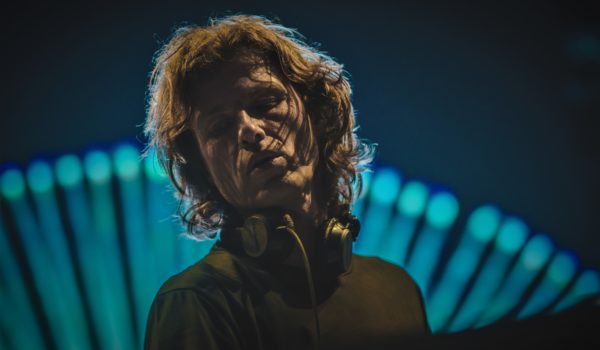
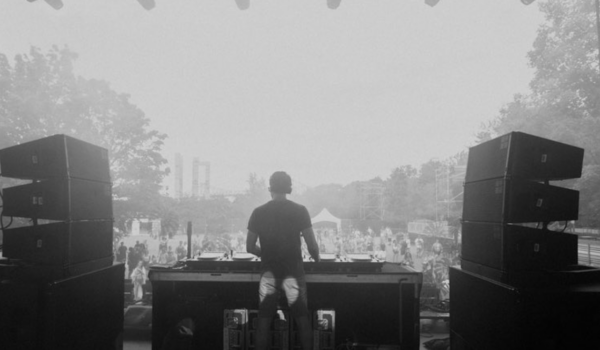
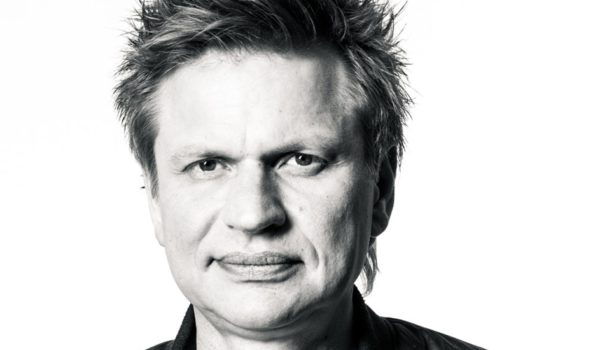
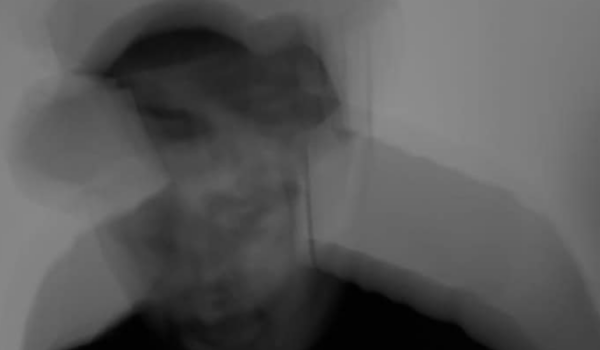
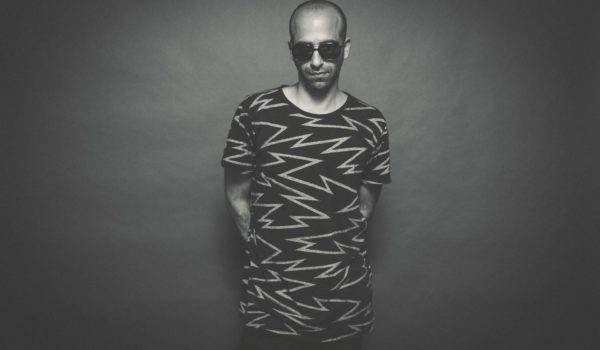
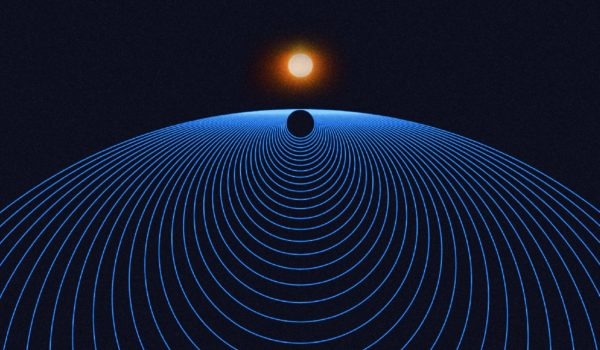
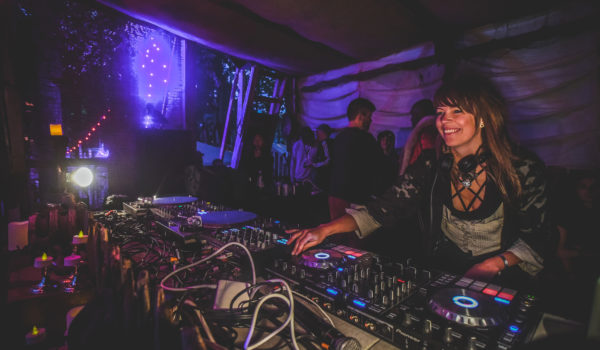
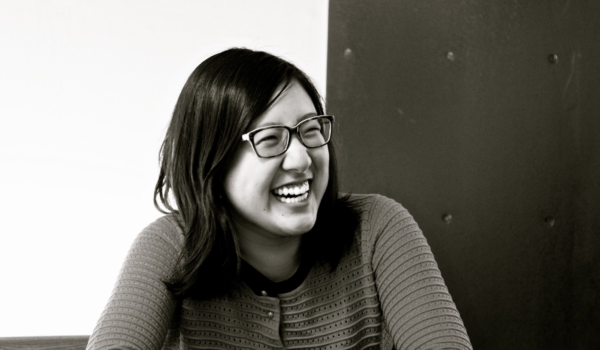

Comments